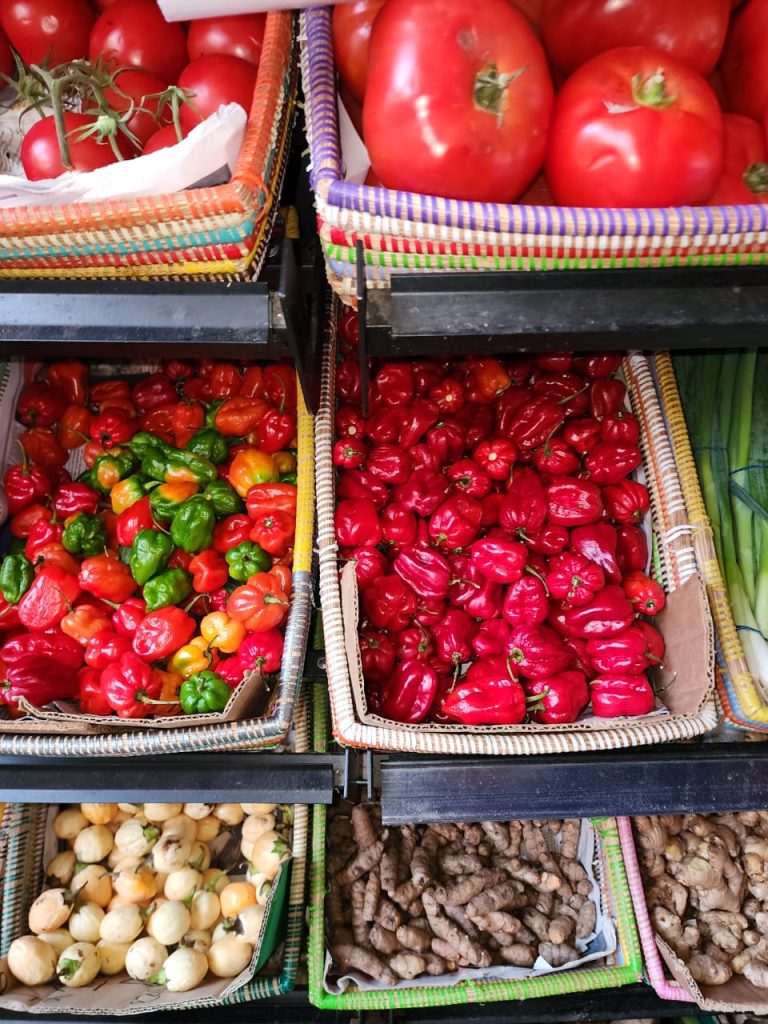The small but mighty hot pepper is taking center stage in St. Vincent and the Grenadines, as local farmers prepare to participate in a transformative initiative that promises to reignite the industry. Over three days, starting January 28, 2025, 60 farmers and 20 extension officers will come together for an intensive training program designed to tackle the challenges plaguing the hot pepper value chain.
Under the guidance of the Food and Agriculture Organization of the United Nations (FAO) and the Ministry of Agriculture, the training will focus on best agricultural practices, the impact of climate on pepper production, and strategies to access broader markets. Leading the sessions are industry specialists—Mr. Luke Lee, Dr. Omardath Maharaj, and Mr. Jai Rampersad—whose expertise spans everything from production techniques to trade development.
For farmers like Mary John, who has been cultivating peppers in the lush countryside of the Leeward region for over a decade, this program couldn’t have come at a better time. “I’ve struggled to keep up with demand because of unpredictable weather and limited access to quality seeds,” she explained. “This training gives me hope that we can improve how we grow and sell our peppers.”
The initiative extends beyond the classroom. Mr. Lee and Mr. Rampersad will spend two days visiting farms, distributors, and processing facilities to assess the sector’s needs firsthand. Their observations will inform the final step in the week-long program: a comprehensive review of the Upgrading Strategy for the Hot Pepper Value Chain, aimed at creating a roadmap for sustainable growth.
In a press release, Mr. Juan Cheaz Pelaez, FAO Trade and Markets Officer for the Caribbean, emphasized the potential of this effort:
“The hot pepper value chain in St. Vincent and the Grenadines is one of two important sectors that FAO is focused on strengthening for their high potential to increase economic opportunities; the other is dasheen. Recognizing the potential for both, our approach is to understand the coordination gaps and other factors that have limited sector growth over the years and find ways to support strengthening the value chain so that we can increase incomes for farmers and other players in the value chain, secure public-private partnerships and increase opportunities for investment in the hot pepper sector.”
The FAO’s efforts are part of a larger two-year initiative under the Technical Cooperation Programme, which seeks to develop a Windward Islands Food Production and Trade Corridor. This focus on hot peppers and dasheen aims to improve both national and regional food systems.
As the week draws to a close, participants and stakeholders will validate the strategy, setting the stage for implementation. For many, like Mary, this marks the beginning of a brighter, more sustainable future in agriculture. “It’s not just about growing peppers anymore,” she said with a smile. “It’s about growing possibilities.”

